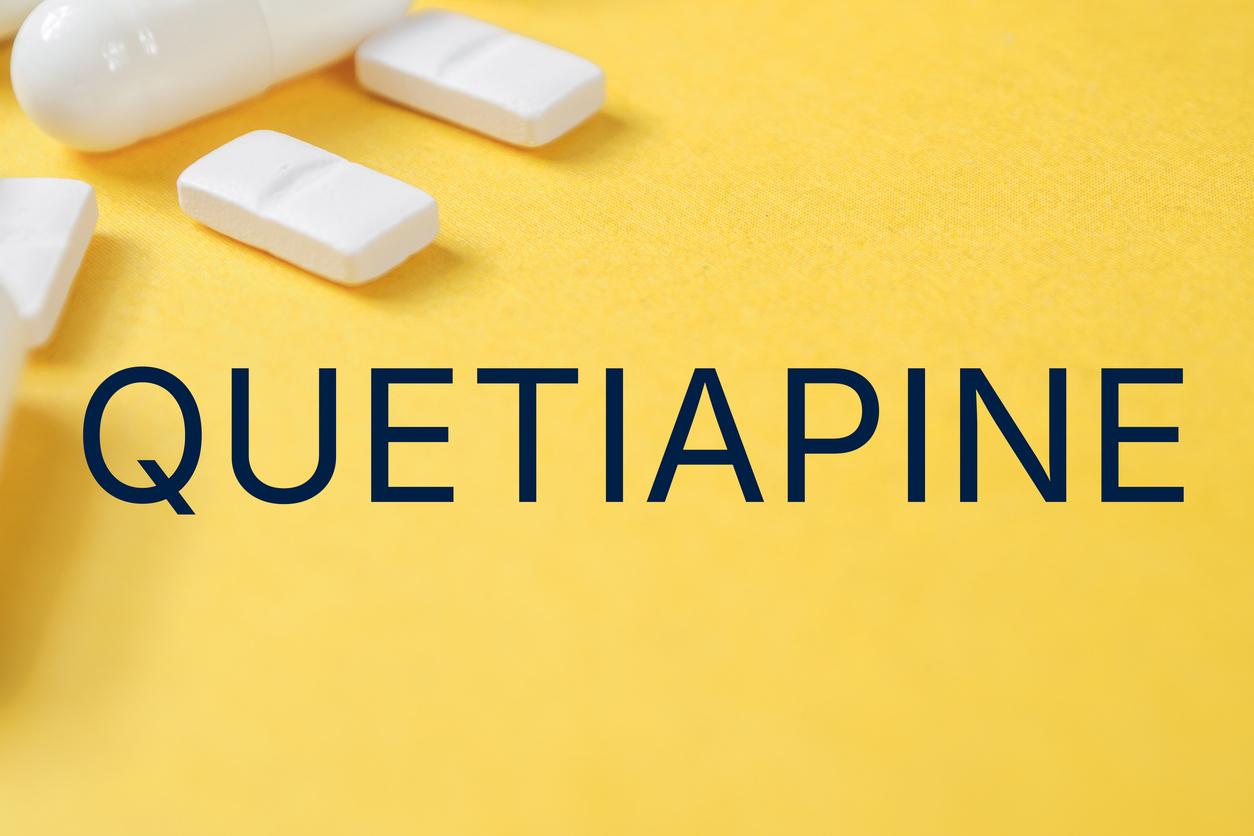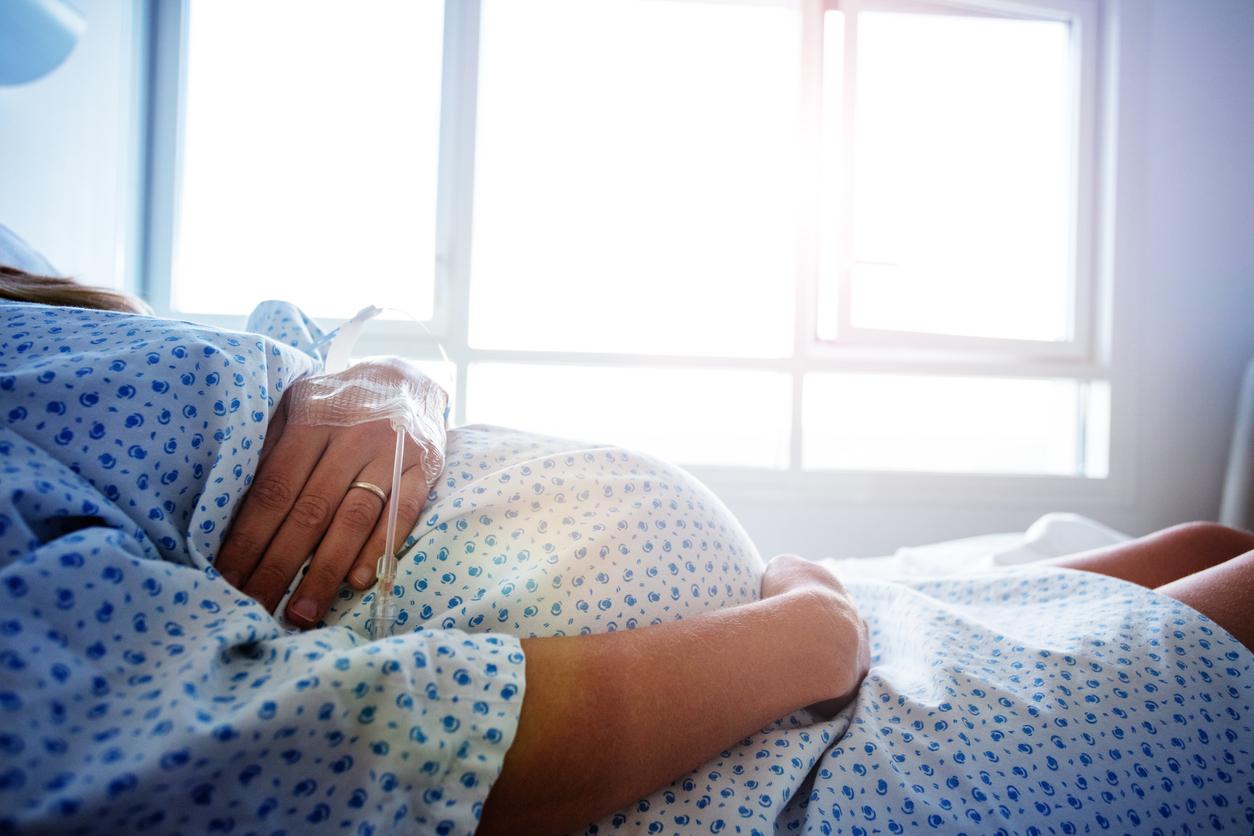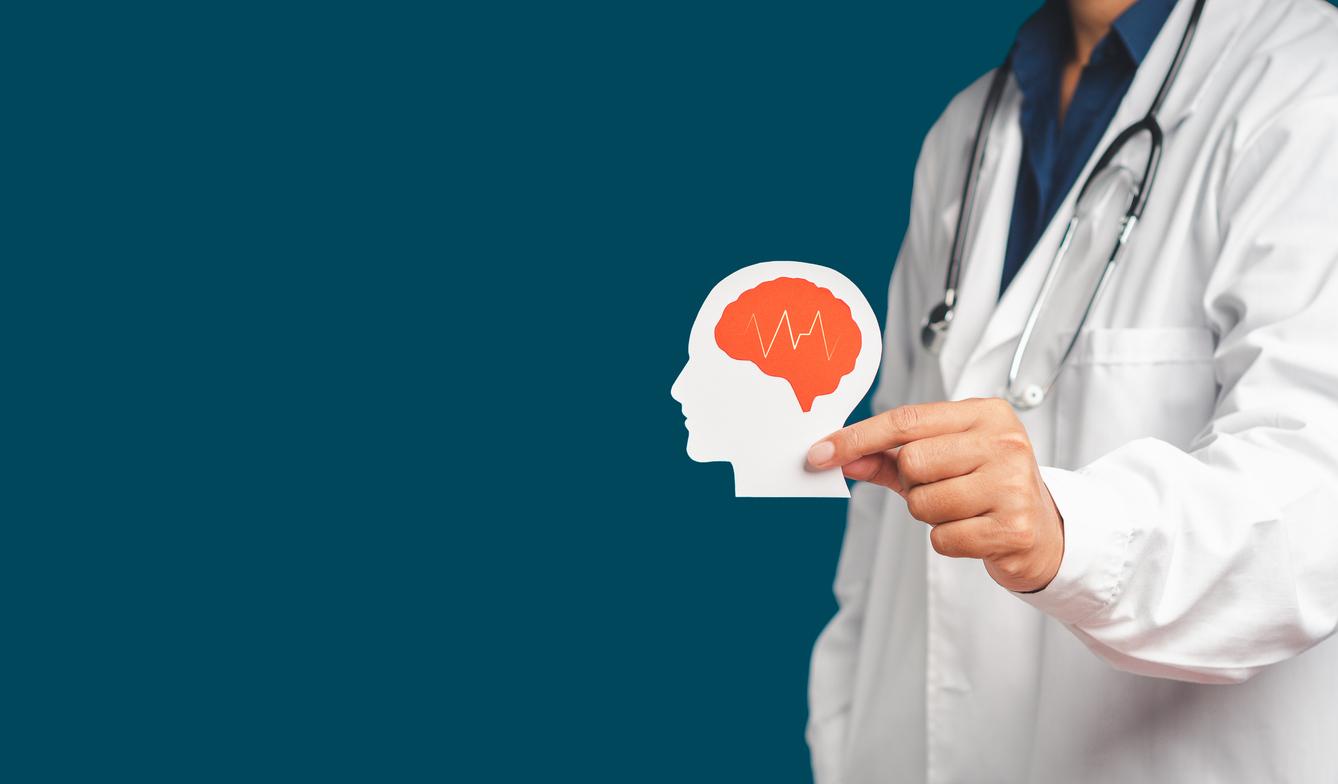The National Agency for the Safety of Medicines and Health Products (ANSM) has updated its recommendations on the consumption of antiepileptics in pregnant women.

- If the mother takes antiepileptic drugs during pregnancy, valproate remains at greatest risk of malformations and neurodevelopmental disorders for the unborn child.
- This medicine should not be used in pregnant women with epilepsy “unless there is no therapeutic alternative”.
- To make it easier to understand the risks of these treatments, the ANSM provides patients with an information sheet.
Taking medications for epilepsy during pregnancy leads to risks of malformation and neurodevelopmental disorders in the unborn child, according to a report published in 2019 by the National Agency for the Safety of Medicines and Health Products (ANSM). In a statement recently published, it classified antiepileptic drugs according to the level of risk for the fetus in order to best inform prescribing doctors and pregnant women.
Malformations, neurodevelopmental disorders: valproate remains the most at risk
The data confirmed the already known level of risk of valproate and its derivatives (Depakine, Micropakine, Depakote, Depamide, Valpromide, Divalproate). “If taken by the mother during pregnancy, valproate causes the most malformations in the child, with a risk multiplied by 4 to 5 (11%) compared to the risk without treatment. It also carries a risk high rate of neurodevelopmental disorders (30 to 40% of children exposed in utero)”, reported the agency which reminds that this treatment should not be used in pregnant women with epilepsy “except in the absence of a therapeutic alternative”.
Another drug singled out: topiramate (Epitomax and generics), which increases the risk of neurodevelopmental disorders by two to three times in children exposed during pregnancy. The results also showed that the risk of major malformation in children, linked to exposure to pregabalin (Lyrica and generics) during pregnancy, was multiplied by almost 1.5 compared to the population which did not was not exposed to this treatment. Regarding carbamazepine (Tegretol and generics), “it is possible that the risk of neurodevelopmental disorders is increased in exposed children.” For oxcarbazepine (Trileptal and generics), the ANSM intends to carry out additional studies before being able to conclude whether or not there is a risk of malformation.

Antiepileptics: an information sheet to facilitate understanding of the risks
Faced with this data, the agency has decided, for several years, to tighten the recommendations with regard to antiepileptic drugs which are risky for the health of the unborn child. However, she clarified that in some cases where only these drugs are effective, doctors must evaluate and compare the risks of seizures to those of treatment in babies. Thus, the ANSM designed an information sheet so that patients can be aware of the known risks of antiepileptic drugs for the fetus.
















